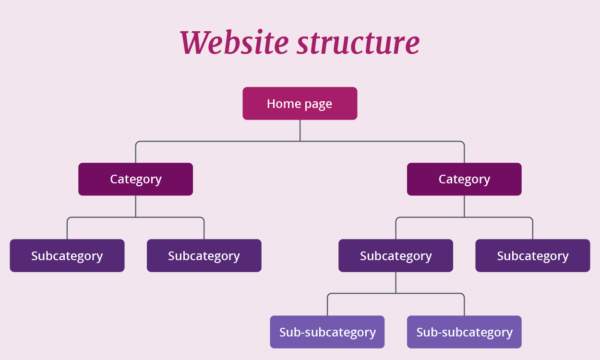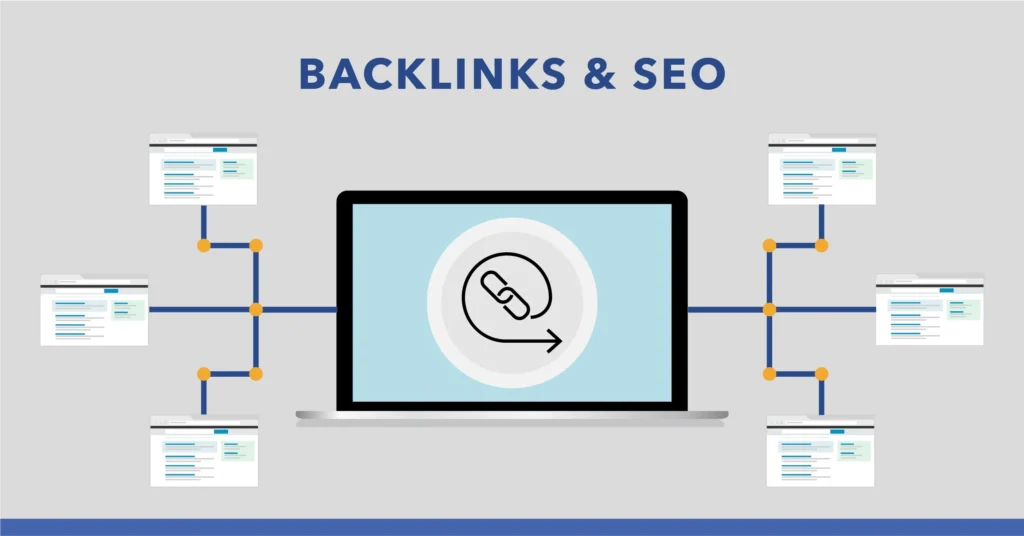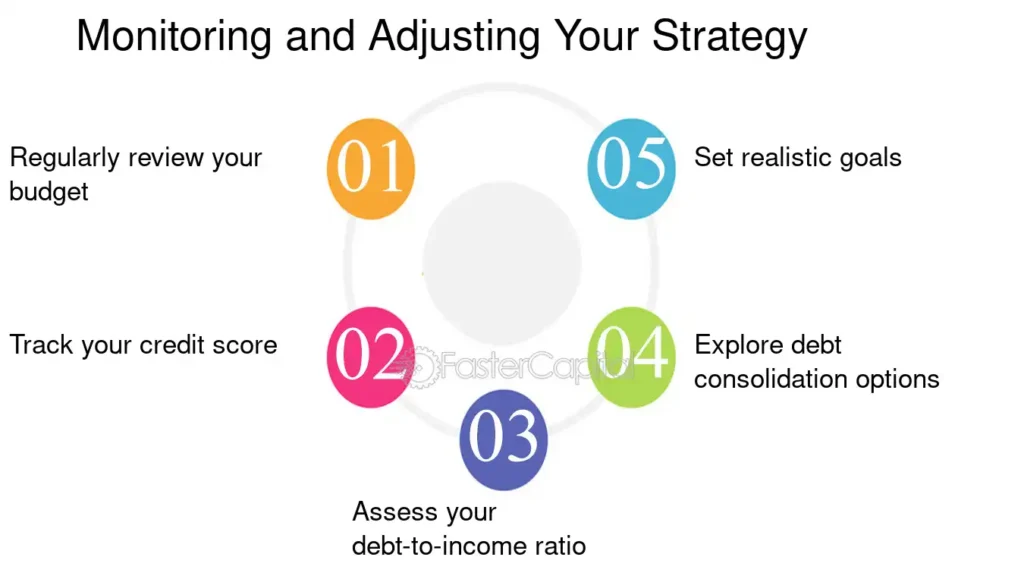SEO Strategies for Small Business Websites
1. Focus on Local SEO
SEO for small business serving a specific geographic area, local SEO is critical. By optimizing your website for local searches, you can connect with customers in your area.
- Claim Your Google My Business Listing: Ensure your business appears on Google Maps and local search results.
- Use Local Keywords: Include location-based keywords in your content (e.g., “plumber in Austin, TX”).
- Encourage Reviews: Positive customer reviews can boost your credibility and rankings.

2. Optimize Your Website Structure
A well-structured website is essential for the SEO for small business. Make sure your site is easy to navigate and loads quickly.
- Mobile-Friendly Design: With most searches happening on mobile devices, having a responsive website is non-negotiable.
- Fast Loading Speed: Optimize images and code to reduce load times.
- Clear Navigation: Use a simple menu structure to help visitors find what they need.

3. Conduct Keyword Research
Keywords are the foundation of SEO. Identify the search terms your target audience uses and incorporate them into your website.
- Use Long-Tail Keywords: These are more specific phrases (e.g., “affordable wedding photographers in Dallas”) that have less competition.
- Leverage Free Tools: Platforms like Google Keyword Planner and Ubersuggest can help you find relevant keywords.
- Integrate Keywords Naturally: Avoid keyword stuffing, as it can harm your rankings.

4. Create High-Quality Content
Content is king in SEO. By providing valuable, engaging content, you can attract visitors and keep them coming back.
- Blog Regularly: Share tips, guides, and news relevant to your industry.
- Answer Common Questions: Address frequently asked questions your customers might have.
- Include Visuals: Use images and videos to make your content more engaging.

5. Build Backlinks
Backlinks—links from other websites to yours—are a critical ranking factor.
- Partner with Local Businesses: Exchange links with other businesses in your area.
- Submit to Directories: List your business in online directories like Yelp and Yellow Pages.
- Create Shareable Content: High-quality content is more likely to be linked to by others.

6. Monitor and Adjust Your Strategy
SEO is not a one-time effort; it requires ongoing monitoring and adjustments.
- Use Analytics Tools: Platforms like Google Analytics can help you track your traffic and identify what’s working.
- Stay Updated: SEO trends and algorithms change frequently, so stay informed and adapt as needed.
- Hire Experts: If SEO feels overwhelming, consider hiring professionals to handle it for you.

Common Mistakes to Avoid
- Ignoring Mobile Optimization: A non-mobile-friendly site can hurt your rankings.
- Keyword Stuffing: Overusing keywords can result in penalties from search engines.
- Neglecting Content Updates: Regularly updating your site with fresh content is essential for maintaining rankings.
- Skipping Local SEO: If you serve a specific area, neglecting local SEO can mean lost opportunities.
Why SEO is a Long-Term Investment
Unlike paid advertising, which stops delivering results as soon as you stop paying, SEO provides long-lasting benefits. By consistently optimizing your site, you can maintain your rankings, attract steady traffic, and grow your business over time.
Boost Your Small Business with Octalfox SEO Services
Lorem ipsum dolor sit amet, consectetur adipiscing elit. Ut elit tellus, luctus nec ullamcorper mattis, pulvinar dapibus leo.
At Octalfox, we specialize in helping small businesses thrive in the digital space. Our tailored SEO solutions are designed to:
- Increase your visibility in search results
- Drive targeted traffic to your website
- Improve user experience and engagement
Ready to Grow Your Business?
Let us help you unlock your website’s potential. Visit our SEO Services page to learn more about how we can support your small business.
Contact us today for a free consultation and take the first step toward online success!

 +92 325 4262710
+92 325 4262710

